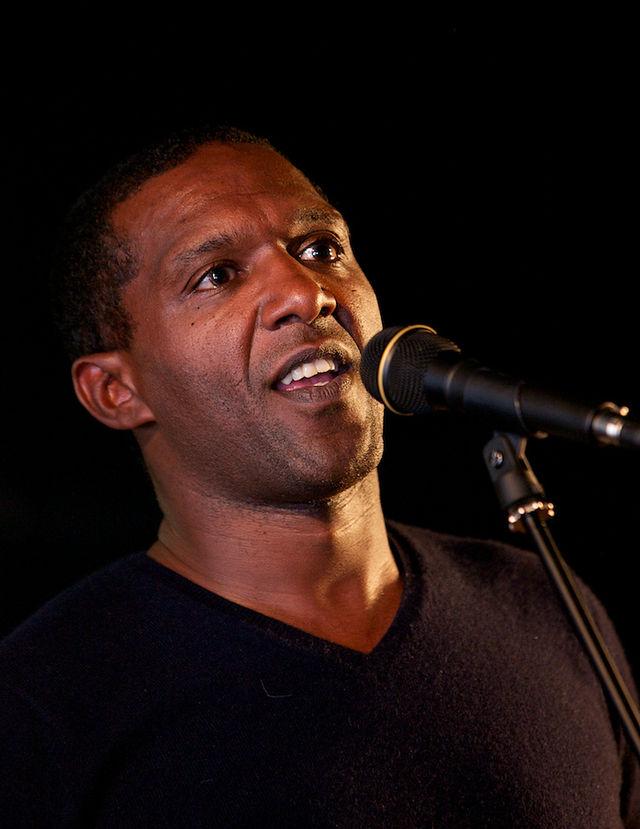Tasks: Let There Be Peace by Lemn Sissay

Lemn Sissay grew up in care and had a very dramatic childhood. Do a bit of research and find out what happened to him:
when he was a baby
when he was eleven years old
when he was a teenager.
You can learn more about his life from this TED Talk: Link to Lemn Sissay: A child of the state
What is the message of this poem?
Comment on the first and the last line of the poem. What is the effect of these lines?
In this poem we can find several examples of imagery, similes, and metaphors. We have made a selection of some of them. Explain in plain English what they mean:
... frowns fly away like albatross
... skeletons foxtrot from cupboards
... war correspondents become travel show presenters
... magpies bring back lost property,
Children, engagement rings, broken things.Let tears evaporate to form clouds, cleanse themselves
And fall into reservoirs of drinking water.Let harsh memoirs burst into fireworks that melt
In the dark pupils of a child's eyes
And disappear like shoals of darting silver fish.
Can you find any examples of contrasts in the poem? What does the poet achieve by using contrasts?
Sissay refers to an old Ethiopian man. What does he represent?
How would you describe the mood of the poem? How does it make you feel?
The poem 'There will come soft rains' was written by Sara Teasdale in 1918. It was inspired by World War I and the Spanish flu pandemic.
Write a text where you compare and contrast the two poems 'Let there be peace' by Lemn Sissay and 'There will come soft rains' by Sara Teasdale. What are the messages of the two poems? And how do the poets use literary devices to convey their message?
There Will Come Soft Rains
There will come soft rains and the smell of the ground,
And swallows circling with their shimmering sound;
And frogs in the pool singing at night,
And wild plum trees in tremulous white;
Robins will wear their feathery fire,
Whistling their whims on a low fence-wire;
And not one will know of the war, not one
Will care at last when it is done.
Not one would mind, neither bird nor tree,
If mankind perished utterly;
And Spring herself when she woke at dawn
Would scarcely know that we were gone.
Sara Teasdale, 1918
Relatert innhold
'Let There Be Peace': a poem written by the British poet Lemn Sissay